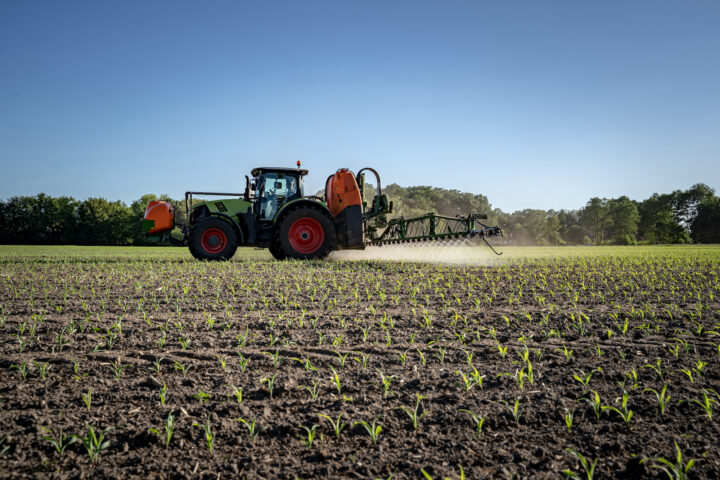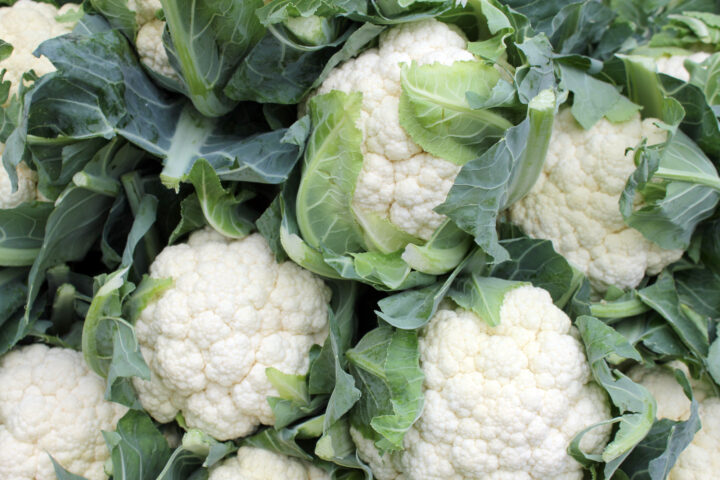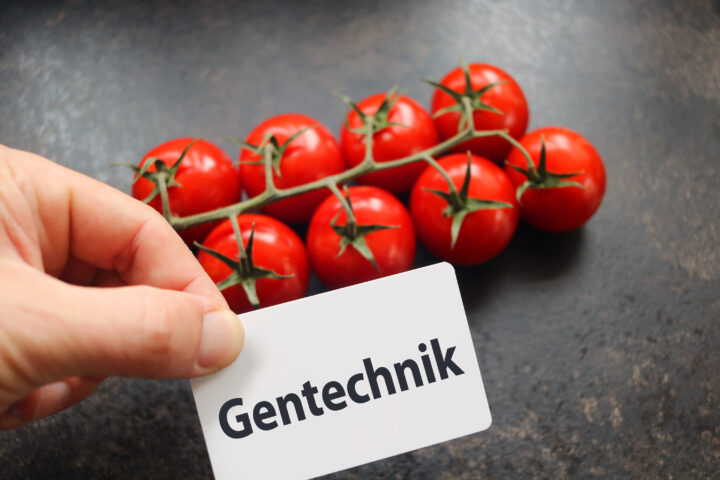
«The FOAG is abandoning productive agriculture»
Increasing pests, missing tools, growing bureaucracy – the farmers' criticism of the federal government is loud and clear. Swiss agriculture is at its limit, reports Blick. The demand: effective plant protection products are urgently needed again.
Monday, July 7, 2025
The anger is palpable. As Blick reports, farmers in the Bernese Seeland have had enough. They feel abandoned by the Federal Office for Agriculture (FOAG). Their frustration has been building for years: more and more regulations, more bans – but no alternatives. Now they are calling on the government to act.
The main reason for their discontent is the lack of effective plant protection products. The federal government has banned active substances over the years. That would be all well and good if there were alternatives, says Seeland farmer Kevin Pfister. But those don’t exist. Only a few products can be used under special permits – and these are anything but practical. Pfister had to first prove that a standard product was ineffective against flea beetles. By the time the process was completed, it was too late: «By then, half the broccoli had already been eaten. You really ask yourself: should I even bother spraying – or just plow everything under?»
Rosmarie Fischer-von Weissenfluh, a master farmer from Bern, also feels increasingly hindered in her work. «The FOAG is abandoning productive agriculture,» she tells Blick.
Over 270 plant protection products banned
The complaints aren’t unfounded. In recent years, around 70 active substances have been banned in Switzerland – that’s over 270 products suddenly no longer allowed. Alternatives? None in sight. Moreover, many new active substances already approved in the EU are stuck in Swiss approval processes – sometimes for years.
Already in 2021, farmers were concerned about the lack of tools. The industry demanded alignment with the EU to avoid supply gaps. Since then, little has changed. In fact, the situation has worsened: pests like the leafhopper Scaphoideus titanus, the brown marmorated stink bug, and the Japanese beetle continue to spread.
Food security at risk
For farmers, the situation is untenable. Their yields are severely threatened – and with them, Switzerland’s food security. The result: decreasing domestic production and increasing food imports.
This was also highlighted at the recent Swiss-Food Talk. Three producer representatives from fruit, wine, and potato farming came to the same conclusion: crop protection is no longer guaranteed. Without effective pesticides, neither sustainable nor secure food production is possible.
Grassroots movement forming
Instead of support, farmers face new obligations. One example: the digital reporting tool Digiflux. Intended to bring transparency, many perceive it as another burden. Organic farmer Stefan Krähenbühl puts it bluntly to Blick: «Instead of relieving us, the FOAG is piling on more hassle with Digiflux.» The parliament also bears responsibility: with its counterproposal to the pesticide and drinking water initiatives, it overshot the mark – even though both were clearly rejected at the ballot box with 61%. Many of the excessive measures by the authorities were made possible by this overreach. The realization that protecting the environment must go hand in hand with protecting crops – and that pesticides (including plant protection products and biocides) contribute to food safety – is still lacking among many policymakers.
Sources
Kindly note:
We, a non-native editorial team value clear and faultless communication. At times we have to prioritize speed over perfection, utilizing tools, that are still learning.
We are deepL sorry for any observed stylistic or spelling errors.
Related articles

Pesticide cuts
In Switzerland, a growing number of pesticides are being banned by the authorities. At the same time, there are almost no new ones entering the market. The regulatory authorities are severely overstretched. Things cannot go on like this. Every product that disappears from the market increases the risk of pests developing resistance and of crops failing.

From molecule to crop protection product
On average, five crop protection products are approved for the market each year worldwide. Developing new products is challenging, time-consuming and expensive. It takes more than 12 years from the start of the search for a suitable substance to the approval of the market-ready product. The costs amount to more than 300 million US dollars. Every new crop protection product must meet strict requirements. The approval procedures for crop protection products are comparable to those for new drugs.

Dramatic drop in approved pesticides
Fewer and fewer pesticides are available to Swiss farmers. Many active ingredients are disappearing from the market. At the same time, the Swiss authorities are approving very few new ones. The Swiss farmers' association warns against new measures. Otherwise, a decline in domestic food production may ensue.

ARTE documentary: Genetic engineering in organic farming?
The ARTE documentary “Genetic engineering in organic farming?” examines key controversial questions of modern agriculture: Is the general exclusion of new breeding technologies still up to date? Can the resistance of organic farming be justified scientifically?

The Great Suffering of Farmers
Fire blight, Japanese beetles, or grapevine yellows – farmers in Valais, too, are increasingly feeling helpless in the face of the threats posed by nature. More and more often, they lack the means to effectively protect their crops. This makes it all the more important for the Federal Council to place a pragmatic balancing of interests at the forefront when setting threshold values.

'Tomatoes on your eyes'
The submitted “Food Protection Initiative” calls for “GMO-free food.” Leaving aside this illusory demand, its adoption would mean more bureaucracy, more trade barriers, and less innovation. The Swiss Farmers’ Union describes the proposal as “unnecessary” and warns of a setback to the goal of achieving an even more sustainable agriculture.

How our daily lives end up in the water
When residues in our waters are discussed, agriculture is often portrayed as the main culprit. Yet a closer look shows that the sources are diverse and often much closer to everyday life than assumed.

